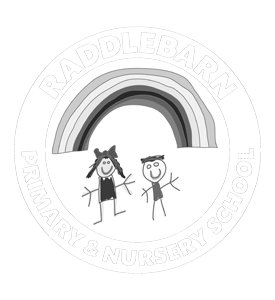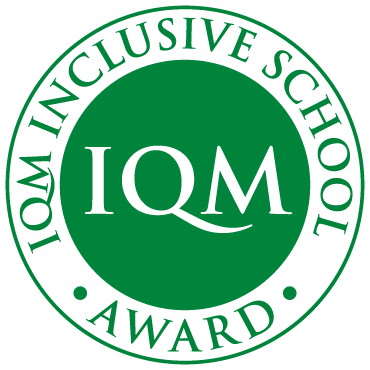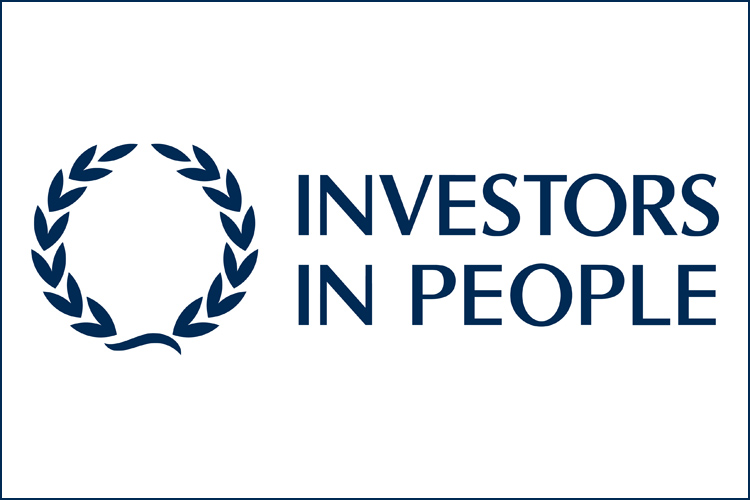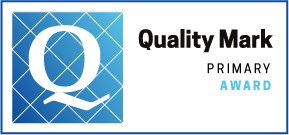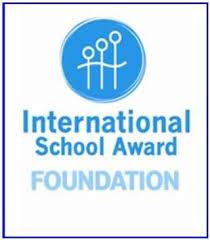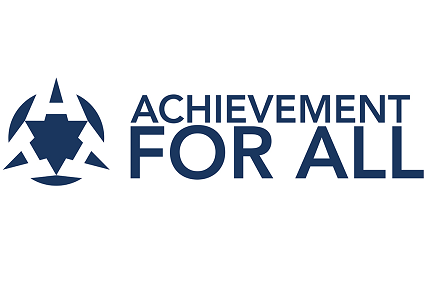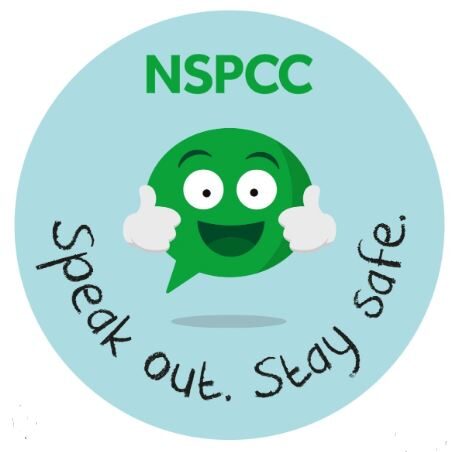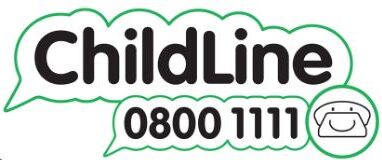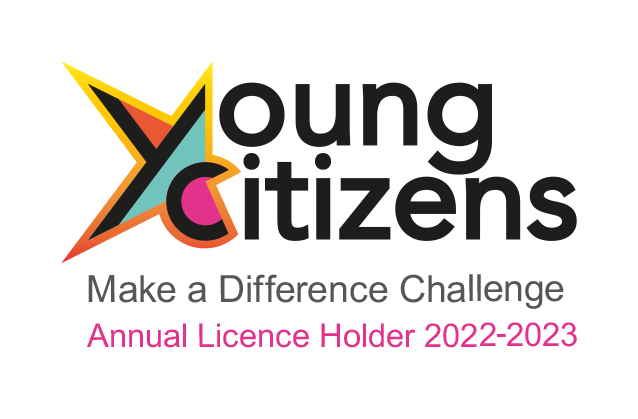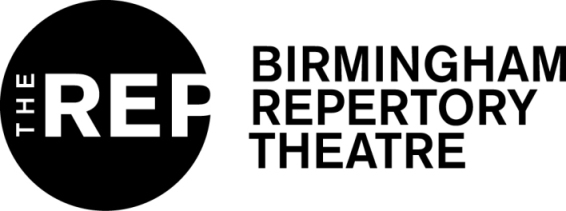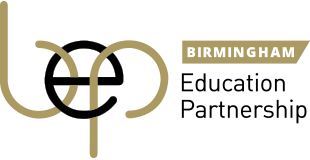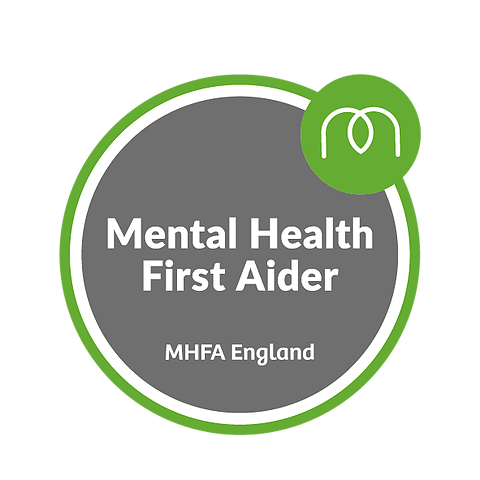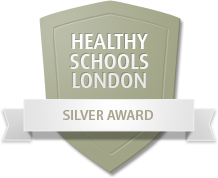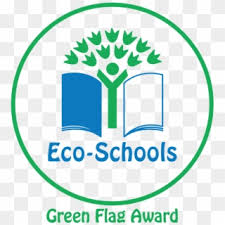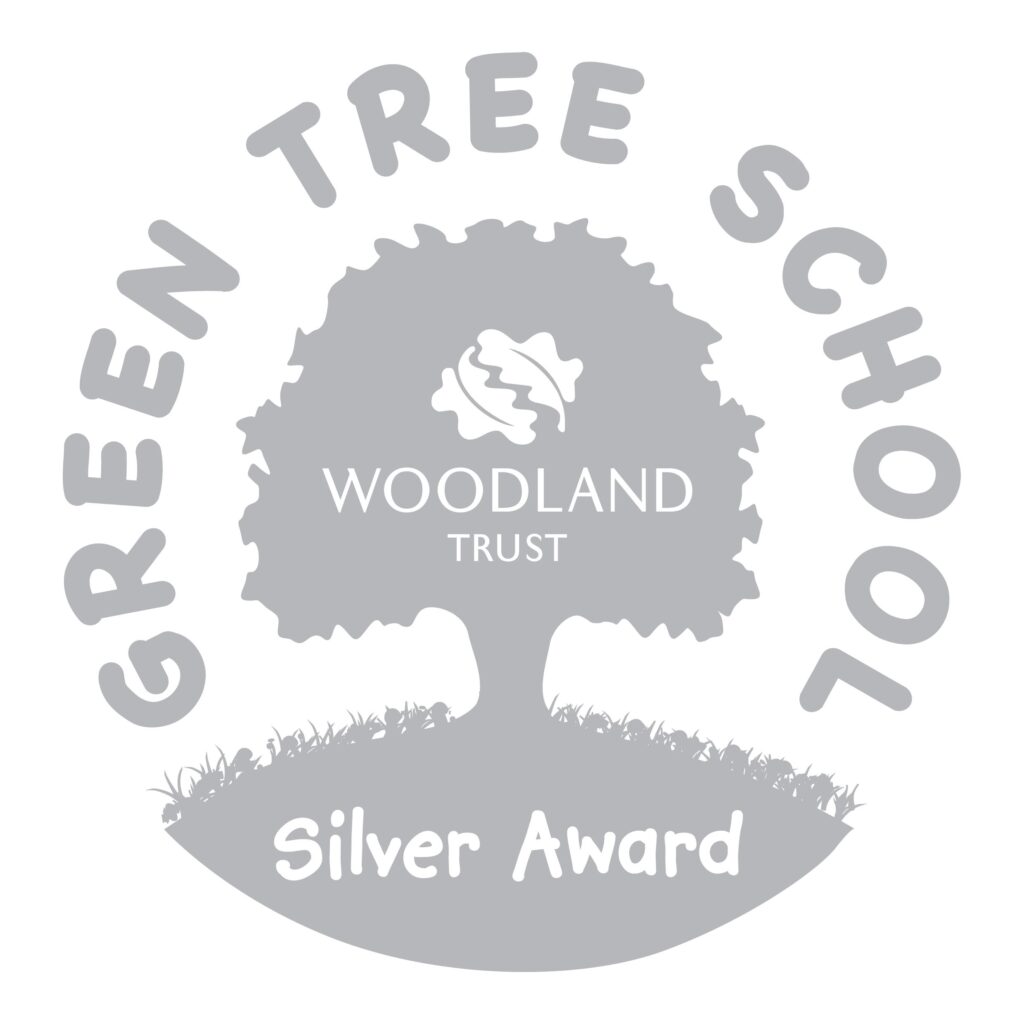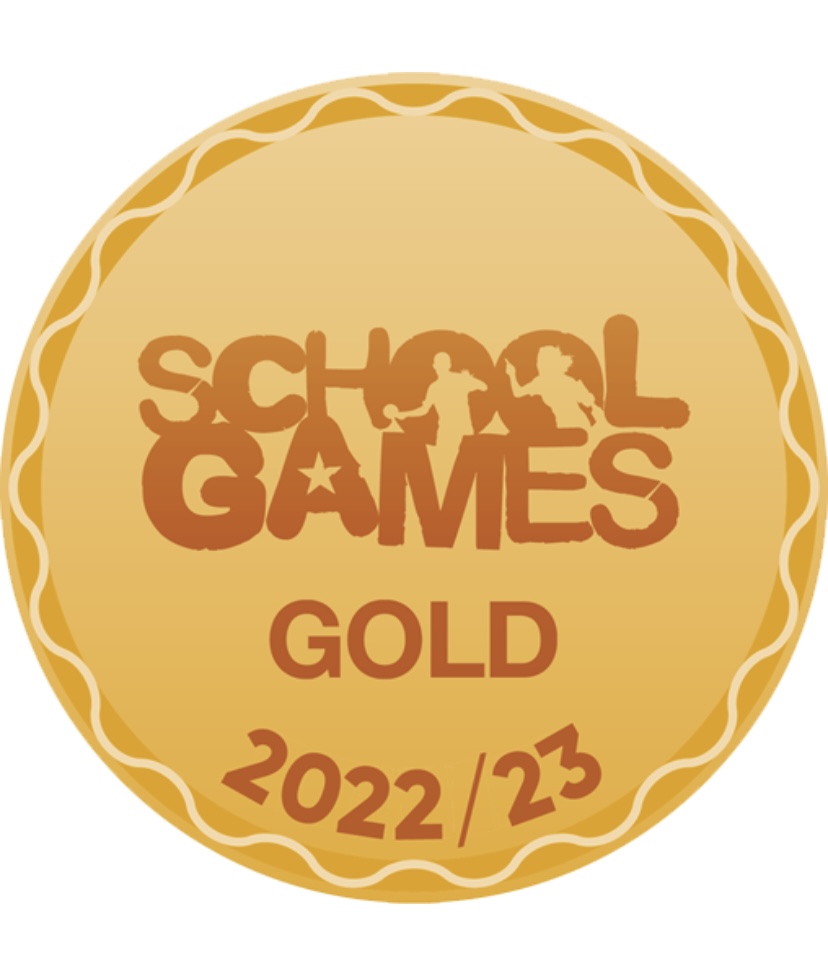 Intent
Intent
At Raddlebarn Primary School, we recognise that the children are growing up in a rapidly evolving world in which science is increasingly relevant. A high-quality science education provides the tools for children of all ages to understand the world around them, to develop a natural inquisitiveness, encourage respect for living organisms and it ensures an acquisition of scientific skills. Staff at Raddlebarn Primary School aim to provide high quality teaching and learning experiences for all children through engaging and hands on activities both indoors and outdoors, and by linking science to ‘real life’.
From the EYFS onwards, pupils in our school will be immersed in scientific vocabulary which contributes to their knowledge and understanding of a range of topics in school, as well as the world they live in now and will take on in the future. The children will discover how technical terminologies can be used to rationally explain phenomena, hypothesize and predict scientific properties and behaviours, and analyse causes and relations. Through our rich and broad science curriculum, we want the children at Raddlebarn Primary School to develop awe, excitement and curiosity around science. We aim to deliver an ambitious yet inclusive science curriculum which caters for different types of learners.
Children will experience all 5 types of scientific enquiry (pattern seeking, classifying, observations, testing and researching) in every year group, which will enable them to build on their knowledge and apply the different methods required in various contexts. As well as teaching the many scientific concepts of the Science curriculum, we aim to progressively build our pupils’ scientific skillset. These skills will be developed alongside the children’s conceptual understanding of each scientific unit, and will also enable children to apply key mathematical skills (such as measuring and data handling) to their scientific practice.
In EYFS, we are keen to develop pupils’ curiosity and awe and wonder for the world and how it works, through engaging continuous provision. We aim for pupils in Nursery and Reception to have confidence when observing, exploring and discussing materials, machines or living things.
We are currently striving to develop the STEAM (Science, Technology, Engineering, Arts and Maths) provision at Raddlebarn. STEAM education embraces teaching skills and subjects in a way that resembles real life. Instead of seeing each subject as ‘standalone’, we want to offer a well-rounded and interdisciplinary approach to learning. Children will learn to lead enquiries and solve problems in a way they will later on apply in the real world, thinking critically and relying on more than just one skill set. Science, Technology, Engineering and Maths complement each-other quite naturally, however the addition of the Arts allows for the application of creative thinking and enables artistic children to lend their skillset to these enquiries and creations (for instance through design and creating). We are also keen to inspire the children to consider and find out about possible careers involving STEAM, including via pupils’ families and other members of the community.
Implementation

In Key Stages 1 and 2, science units are taught in blocks, lasting a half-term each. Teachers plan lessons in a sequence to ensure the complete delivery of the National Curriculum, as well as a logical journey through the scientific concepts. When beginning a new unit, children convey their understanding and retention of prior learning which enables teachers to plan relevant and appropriate lessons to ensure progression. Each year group has one topic per year which is a science focus. They will make links between their science unit and other subjects, such as English, Maths or perhaps D&T. At the beginning of this topic, the children are given a knowledge organiser to support them in recalling facts and learning new vocabulary. Throughout the half-term, teachers then give the children ‘Quick Quizzes’ which relate to sections of the knowledge organiser.
In EYFS, scientific learning takes place through certain half-termly topics which relate to the ‘Understanding the world’ objectives. Pupils are encouraged to ask questions, observe closely and find out about the world, their bodies and how things work through both indoor and outdoor continuous provision.
Pupils are taught to ask, then answer questions via a range of scientific enquiries and in time will decide which enquiry type is most appropriate to answer specific questions. Pupils are challenged in all year groups as their Working Scientifically skills are built on year after year, allowing them to become increasingly confident when handling equipment, planning and conducting experiments, explaining concepts clearly and logically and reporting their findings accurately. Teachers plan their science lessons by referring to our Science Progression document, and, in Key Stages 1 and 2, they include the specific concepts and skills taught in each lessons on lesson learning objective slips which children place in their science books. This enables children to take on an active role in their own scientific development and be aware of the skills they need to work scientifically.
During scientific enquiries, teachers select which particular ‘Working Scientifically’ skill to focus on to enable precise modelling and teaching, as well as accurate assessment for learning. Children experience the ‘plan, do, review’ cycle of enquiry, but the teacher will be specifically assessing one of the three stages only. This focussed assessment allows teachers to strike a balance between skills being modelled and assessed. It also means that over time, teachers are able to make correct and precise scientific assessments of the relevant Working Scientifically skills. Alongside this, towards the end of each science unit, children complete a ‘Chance to Shine’ assessment which assesses their knowledge of the scientific concepts. Between the focussed assessment approach in lessons and the ‘Chance to Shine’ assessment, class teachers have a sound understanding of their pupils’ grasp of both skills and concepts.
At the beginning of a science driven half-termly topic, the children in Key Stage 1 and 2 record what they already know about this science topic. They also record any questions they want to find the answer to, and this may inform the teacher’s planning. At the end of the topic, children have time to record their learning in notes and look back at the work they have done. They can compare these notes with their starting-point notes, and teachers can monitor the amount of knowledge retained.
STEAM is implemented as a whole school effort. Each year group carries out a STEAM project which links to their current science unit. Children are learning to tap into and apply a multitude of skills to their projects, just like they would in future careers. Each STEAM project enables links to most of the 5 disciplines in a way that fits into each year group’s curricula and builds on previous skills.
Impact
The children’s science books evidence a broad and balanced science curriculum and demonstrate the children’s acquisition of knowledge and skills. The children are reflective learners thanks to regularly assessing their work against success criteria and recording their learning after each unit. The use of Knowledge Organisers for science driven topics is allowing children to gain long term retention of scientific concepts. The quizzes demonstrate that our pupils are gaining a sound knowledge of a variety of scientific concepts. The focussed assessment in children’s books shows evidence of our pupils applying a wide range of skills and becoming increasingly confident when utilising them.
Raddlebarn’s science curriculum is creating inquisitive, critical thinkers who are able to transfer their scientific skillset to other subjects, for instance during maths or when collecting then analysing geographical data. Our pupils are excited about science and express enthusiasm towards our hands on lessons which are made relevant to their lives. Towards the end of Key Stage 2, children are able to decide which type of enquiry is best suited for an investigation and are confident in implementing the ‘plan, do, review’ process. Children are aware of a range of career possibilities that studying STEAM subjects can open up, and are well prepared to take on a future in which scientific skills are increasingly required.
Key Concepts
The key concepts that are studied and revisited in science in each year group are:
| Structure | Anything composed of parts arranged together in some way |
| Function | A specific job or procedure |
| Variation | The presence of differences between living things of the same species |
| Adaptation | The process by which animals, plants and other living things have changed so that they better suit their habitat |
| Cause and effect | Cause is why something happens
Effect is what event has happened as a result of this |
| Changes | Changing from one material/state to another |
| Evolution | The way that living things change over time |
| Growth | The process of increasing in size |
| Energy | Strength and power. There are many forms such as thermal (heat), radiant (light) or kinetic (movement) |
| Process | A series of actions or steps taken in order to achieve a particular end |
| Similarity and Difference | Similarity is sameness or a likeness between things and differences are a point or way in which people or things are dissimilar |
| Working scientifically | The processes of science: asking questions, designing experiments, reasoning and arguing with scientific evidence and analysing and interpreting data |
Supporting Documents:
Science-Knowledge-Progression-Grid




